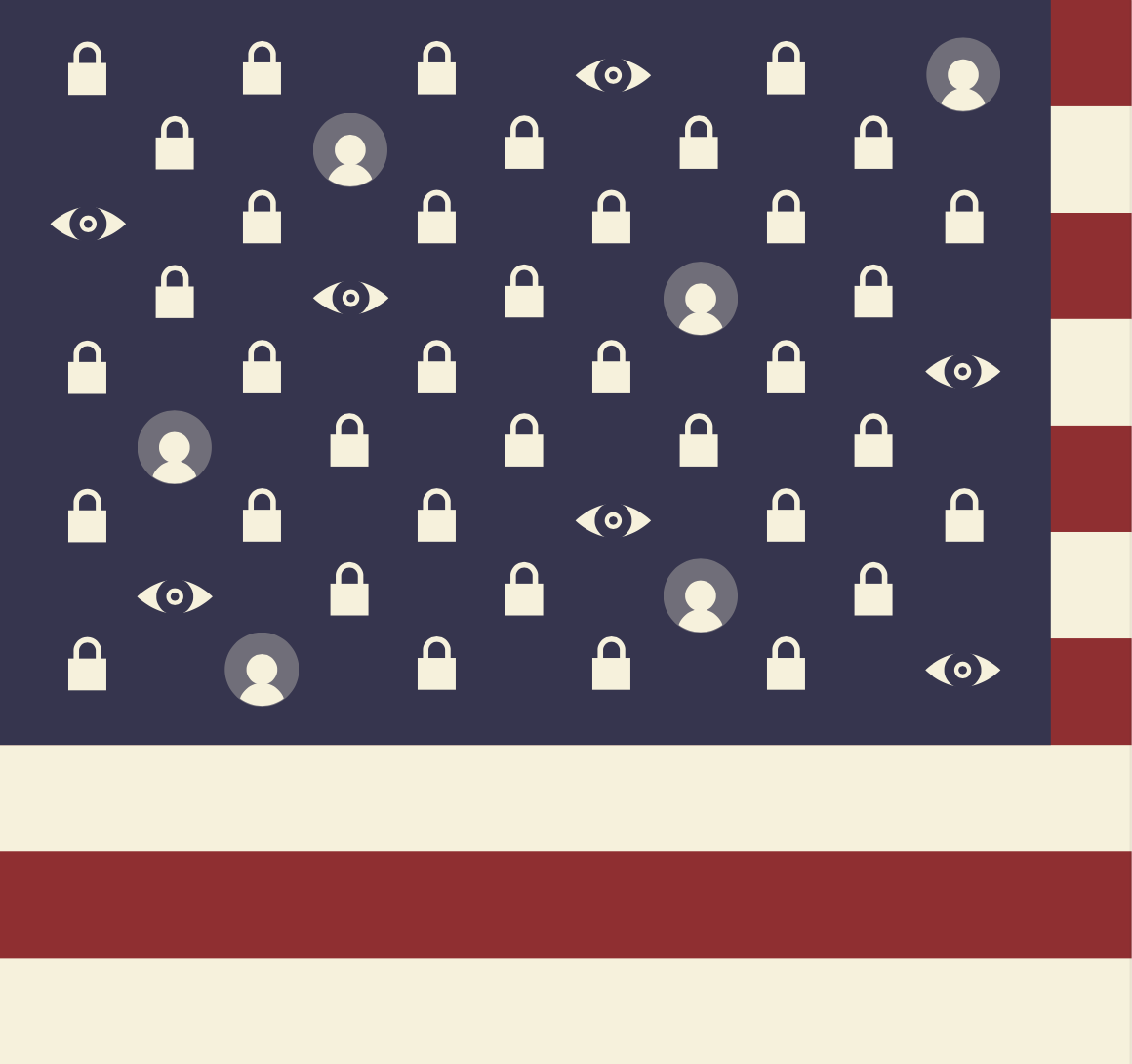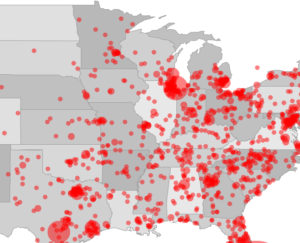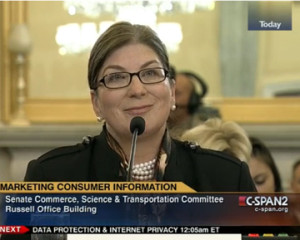Public Comments: May 2008 – Proposed changes to FERPA don’t protect student and parent privacy
FERPA comments: WPF is concerned about the U.S. Department of Education’s proposed changes to its FERPA regulations, FERPA standing for the Family Educational Rights and Privacy Act. FERPA is a significant regulation that controls how students’ school records and “directory” information may be shared. The proposed regulations have one item the WPF is supporting, which is that SSNs are not considered part of the directory information. However, other aspects of the proposed regulation still need work to adequately protect students’ and parents’ privacy interests. The WPF commented in particular that schools should not be allowed to request and then store a full tax refund from parents in order to prove students’ eligibility. The Forum also requested that students’ electronic identifiers are not included in the definition of directory information. One area of substantial concern is that the Department of Education has not expressly provided that students who opt-out of having their directory information shared should not be penalized for opting out. Currently, the proposed regulations may be read to suggest that schools may be able to deny benefits, services, or even required activities to students who have exercised the right to opt-out of the publication of directory information..





